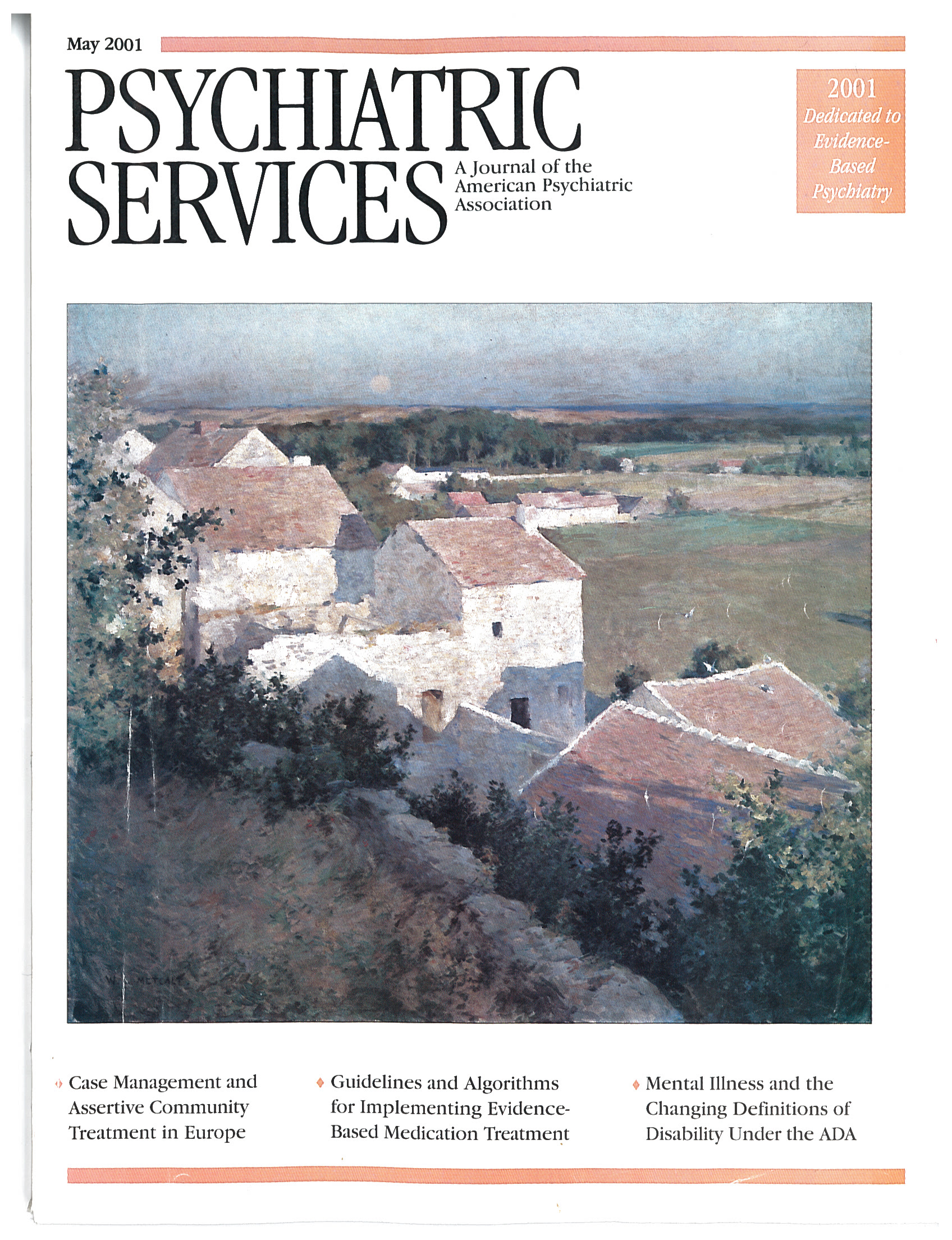Second Opinions: Stories of Intuition and Choice in the Changing World of Medicine
Jerome Groopman, M.D., has held faculty positions at prominent institutions from one coast to the other. He has seen oncology patients regularly in his clinical practice, and he has conducted bench research on late-breaking topics in his field. But the experiences that qualify him to write this particular book about the process of medical decision making are personal as well as professional. In Second Opinions he describes his role as a patient, the father of a patient, and the friend of his patients facing life-threatening illnesses.
Dr. Groopman uses both his personal and his professional experiences to guide us through eight clinical vignettes that lay out some of the imperfections of today's world of medicine. In these stories we are brought face-to-face with the limitations of medical information and resources and with physician error.
Dr. Groopman's literary skills have been well honed in his writings for the New Yorker, the New York Times, the Wall Street Journal, the New Republic, and the Boston Globe.
He begins Second Opinions by describing himself as a stubborn patient, refusing to submit to another physician's prescribed treatment for his ruptured lumbar disc. He tells his stories with engrossing style and detail. His honesty in relating his feelings in each story makes the book hard to put down.
Dr. Groopman wrote the book for the medical professional and the layperson alike. His goal was to help us better face the process of evaluating medical advice and making medical decisions. However, let readers who are physicians be duly warned that he does not deify or idealize himself or his peers. Rather, he recommends that the patient obtain a second opinion in cases of difficult or complex medical problems. "Good physicians welcome the thoughts of colleagues," he says.
Dr. Groopman describes managed care as being designed to manage standard, routine, and uncomplicated medical conditions, and he notes that all persons involved in medical decision making recognize the "inevitable role of chance." He goes on to say that physicians should base their medical advice on a balance between their experience-driven intuition and "diagnostic lists."
Throughout Second Opinions Dr. Groopman challenges his readers' preconceived ideas about the roles of physician and patient alike in the process of medical decision making, and he creates a very good read in the process.
Dr. Baxter is a psychiatrist for the continuous treatment team at Park Center, Inc., in Nashville, Tennessee.



